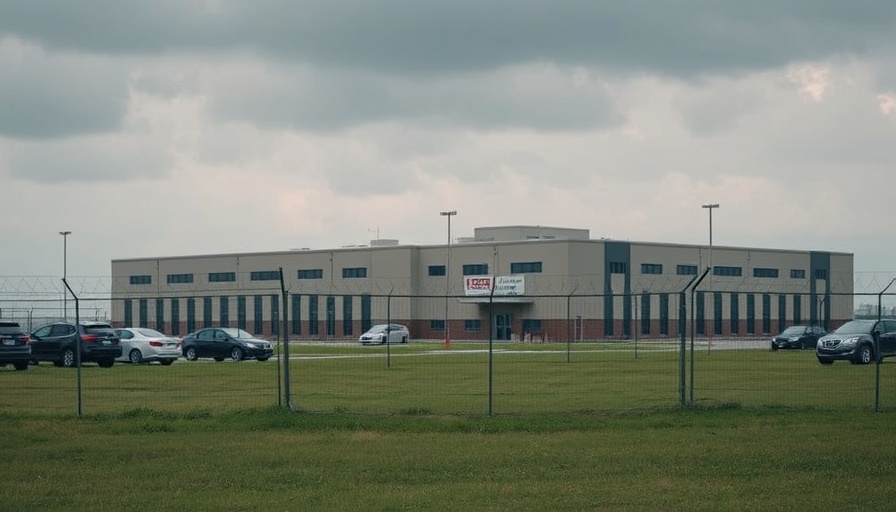
The Chilling Crime Rampage of Ezekiel Kelly: Understanding the Underlying Factors
In a harrowing series of incidents that gripped the MidSouth community, Ezekiel Kelly's crime rampage has left many questioning the factors that contributed to this violent outbreak. Attorneys have shed light on his background, revealing layers of psychological and societal issues that may have played significant roles in his actions. Here, we explore the broader implications of Kelly’s behavior and raise important questions about mental health, community safety, and the legal system.
Historical Context: A Growing Crisis
Violence in urban centers across America has been escalating, and Kelly’s case is not just an isolated incident but part of a worrying trend. Over recent years, cities have witnessed a troubling rise in crime rates. According to data from the FBI, major cities, including Memphis, have struggled with homicides and aggravated assaults, prompting community leaders and law enforcement to take urgent action. Understanding this historical context underscores the necessity of examining societal factors that perpetuate these violent behaviors.
Community Impact: Why Residents Are Concerned
For homeowners in the MidSouth, the threat of crime extends beyond the immediate dangers. It infiltrates peace of mind, community spirit, and property values. With heightened fear among residents, the situation calls for not just enforcement but also community engagement and support systems. Local leaders have emphasized the importance of neighborhood safety initiatives, after-school programs, and mental health resources as critical components in addressing such challenges.
Psycho-Social Factors Influencing Behavior
Various studies point to complex psycho-social factors contributing to criminal behavior. Drug abuse, childhood trauma, and socio-economic disparities are among the crucial elements often discussed. In Kelly’s case, his attorneys suggest that untreated mental health issues may have played a role in his violent outbursts. The lack of adequate mental health support has emerged as a significant concern among professionals, advocating for better resources to prevent such tragedies in the future.
Legal Perspectives: Implications of Criminal Acts
The legal ramifications of Kelly’s actions extend beyond his immediate charges. As discussions intensify about criminal justice reform, many advocate for approaches that focus on rehabilitation rather than only punishment. The legal system faces the challenge of addressing underlying issues through integrated support, rather than merely applying punitive measures. It also raises critical questions about how justice can be served while also providing paths for redemption and recovery.
Conversations Around Mental Health and Community Well-Being
In response to incidents like Kelly’s rampage, mental health professionals across the community stress the importance of awareness and education surrounding mental health. Stigma often prevents individuals from seeking help; thus, community outreach and open dialogue play vital roles in changing perceptions. Encouraging families to prioritize mental health can help foster resilience and ultimately contribute to a safer environment.
Moving Forward: Strategies for Safer Communities
As residents reflect on the unsettling events surrounding Kelly’s actions, there is an opportunity to promote community-driven solutions. A blend of law enforcement collaboration, grassroots safety initiatives, and mental health support can lead to meaningful changes in the MidSouth. Town halls, neighborhood watches, and proactive engagement with local leaders are essential as residents come together to fortify their neighborhoods against the risks of violence.
In conclusion, the tragic rampage of Ezekiel Kelly serves as a crucial reminder of the multifaceted nature of crime. For homeowners and citizens of the MidSouth, understanding the underlying factors not only illuminates a path towards solutions but also encourages community resilience and support. Together, these conversations can play a pivotal role in ensuring mutual safety and wellness well into the future.
As we continue to navigate these complexities, it’s imperative to take a stand and advocate for mental health resources and community support systems that can help prevent future crises. Join your local community initiatives and participate in discussions that foster change and enhance the quality of life for everyone. Together, we can create a safer and more supportive environment in the MidSouth.
 Add Row
Add Row  Add
Add 



Write A Comment